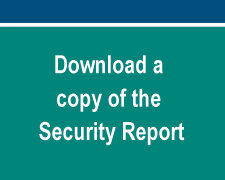Annual Security Report
2024 Crime Prevention and Criminal Activity Policies and Reporting Procedures
Bellin College is a dynamic learning community that strives to create an environment of mutual respect and concern for all people. The 2024 Annual Security Report contains important information about campus safety policies, crime statistics, and safety guidelines designed to promote the safety of those who work, study, or visit our campus – whether at the Resch location or Van Asten location. We at Bellin College are committed to offering students, faculty, staff, and visitors to the College opportunities for meaningful and positive experiences in the pursuit of educational, employment, and social goals.
The Security Team works in partnership with the Offices of Student Services and Human Resources to ensure effective campus safety oversight. The Security Team also enjoys a close working relationship with the public safety service providers of Brown County. A safe and secure campus environment, which promotes learning and social harmony, is achieved through the cooperation of all its members. Each person is a partner in this mission. Information presented via the Campus Safety and Security web page at https://www.Bellincollege.edu is designed to support the safety and security objectives of the College community. Bellin College is committed to hosting an educational environment that is intellectually, spiritually, and personally challenging.
The Annual Security Report can be viewed online here, or a paper copy can be obtained upon request by sending an email to bcsecurity@bellincollege.edu or by calling 920-433-6672.

